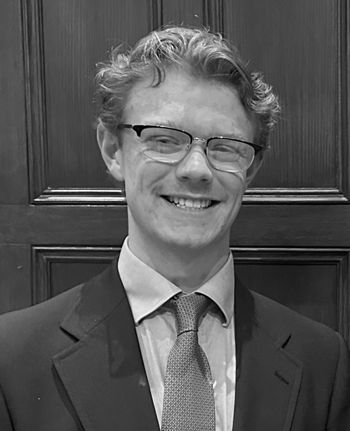‘VICIOUS PLAGIARISM’: Kamala Harris accused of plagiarizing John Jay College press release, Wikipedia
Harris is accused of plagiarizing from multiple sources, including a Wikipedia article and a press release by a New York college.
A man known as the ‘plagiarism hunter’ accused Harris of committing at least 12 ‘vicious plagiarism fragments.’
Presidential candidate Kamala Harris has been accused of plagiarism in her book “Smart on Crime,” copying passages from several sources, including a press release from John Jay College in New York.
Conservative writer Chris Rufo wrote on Wednesday that Dr. Stefan Weber, who is known as a “plagiarism hunter,” claimed that Harris committed multiple counts of plagiarism in her 2009 book, including copying “virtually an entire Wikipedia article . . . without providing any attribution.”
[RELATED: Robin DiAngelo, ‘White Fragility’ author, accused of plagiarizing minority academics]
Rufo wrote that he and his team “independently confirmed multiple violations, which are comparable in severity to the plagiarism found in former Harvard president Claudine Gay’s doctoral thesis.”
The sources that Rufo says Harris plagiarized include an AP/NBC News report, Wikipedia, a Bureau of Justice Assistance report, and the aforementioned John Jay College press release. Harris reportedly copied, word-for-word, a passage from the release discussing the success of High Point, North Carolina in fighting drug dealers.
The other passages that were reportedly plagiarized were also copied almost word-for-word.
Dr. Weber said that, overall, Harris is guilty of more than 12 “vicious plagiarism fragments” in her book, Rufo wrote in his newsletter. Rufo stated that Harris’s counts of plagiarism are “similar in severity to those found in Harvard president Claudine Gay’s doctoral thesis.”
“Taken in total, there is certainly a breach of standards here. Harris and her co-author duplicated long passages nearly verbatim without proper citation and without quotation marks, which is the textbook definition of plagiarism. They not only lifted material from sources without proper attribution, but in at least one case, relied on a low-quality source, which potentially undermined the accuracy of their conclusion,” Rufo concluded.
[RELATED: PROF. JENKINS: Plagiarism is still wrong]
Plagiarism scandals have dogged several prominent figures in higher education.
Former Harvard President Claudine Gay stepped down from her leadership role on Jan. 2 following multiple accusations of plagiarism. Gay claimed that her plagiarism infractions were only “citation errors” and accused her critics of racism.
In January, Harvard’s Chief Diversity and Inclusion Officer Sherri A. Charleston was also accused of significant plagiarism.
Campus Reform has reached out to the Harris campaign for comment. This article will be updated accordingly.

